Management of fusarium basal rot (Fusarium oxysporum f. sp cepae) on shallot through fungicidal bulb treatment

Authors:
Fusarium basal rot caused by Fusarium oxysporum f.sp. cepae is an economic disease of shallot. Field experiments were conducted at Debre Zeit during 2006 and 2007 cropping seasons to determine effective fungicides and their method of application for the management of fusarium basal rot of shallot. The field was naturally infested with F. oxysporum f. sp. cepae and treatments were arranged in randomized complete block design in four replications. Five fungicides, Mirage 50 WP, Folicur 25 EC, Seed plus 30 WS, Penncozeb 80 WP and Ridomil Gold 68 WG were evaluated as seed bulb dressing and bulb dip treatments against basal rot in the field and storage. Bulb dressing with Mirage, and dip treatment in Seed plus reduced the disease incidence by 40% and 43%, respectively over control. These fungicides also resulted in a significant reduction in severity, basal rot affected cull bulbs on shallot. Bulb rot during three months of storage on concrete ground floor and on wire mesh shelves was also reduced by seed bulb treatment over control. The highest increase in yield was obtained from bulb dressing with Mirage (42%) and Seed plus (45%) and from bulb dip treatment in Seed plus (44%) over control. Fusarium basal rot caused 45% loss in yield and 12-30% of bulb loss in the storage. The study showed that basal rot of shallot can be managed effectively by seed bulb dressing or dip treatment in Mirage or Seed plus. (C) 2011 Elsevier Ltd. All rights reserved.
